USA Powerlifting Discriminated Against Trans Athlete, Court Finds
Minnesota Supreme Court says USA Powerlifting broke the law by barring trans women, yet one issue remains unresolved.

The Minnesota Supreme Court has ruled that USA Powerlifting discriminated against a transgender woman by barring her from competition, while sending part of the case back to a lower court for further review.
JayCee Cooper, the transgender athlete at the center of the case, was denied entry into two women’s competitions in 2018. At the time, she was taking hormone therapy to lower her testosterone levels and applied for a medical exemption, since the drug was banned by the World Anti-Doping Agency. That exemption request revealed her transgender status to USA Powerlifting, which then refused to let her compete.
In 2021, Cooper filed a lawsuit claiming that USA Powerlifting’s ban on transgender women in female-designated competitions was discriminatory and violated Minnesota’s Human Rights Act, which explicitly prohibits discrimination based on gender identity.
In her lawsuit, Cooper noted that, at the time, the International Olympic Committee allowed transgender women to compete if their testosterone levels stayed below a certain threshold for at least 12 months. The International Powerlifting Federation, USA Powerlifting’s parent organization, had a similar rule but didn’t require its affiliates to follow it.
Cooper said she had submitted documentation showing that her testosterone levels stayed below the IOC’s threshold for two years.
In its defense, USA Powerlifting argued that its decision to bar Cooper wasn’t based on her gender identity but on what it called “strength advantages” stemming from her sex assigned at birth.
In a unanimous opinion, the Minnesota Supreme Court found that USA Powerlifting violated the public accommodations section of the Minnesota Human Rights Act. However, the justices agreed the organization raised a reasonable legal defense to Cooper’s separate claim of business discrimination, reports the Minnesota Star Tribune.
Writing for the court, Chief Justice Natalie Hudson said USA Powerlifting’s blanket ban on transgender athletes in women’s competitions was “discriminatory on its face” and violated the intent of the Human Rights Act, which bars discrimination based on personal characteristics, including gender identity.
“There is no individualized nuance to USA Powerlifting’s position,” Hudson wrote. “It assumes that every transgender woman has a competitive advantage in the women’s division. There is no assessment of whether that is true in a particular case.”
But regarding the business discrimination claim, Hudson noted that USA Powerlifting “must show that the discriminatory policy is reasonably necessary for it to achieve its central mission and there are no reasonable alternatives.”
To support that claim, USA Powerlifting submitted expert testimony and scientific evidence asserting that transgender women who have gone through male puberty retain significant strength advantages over cisgender women, including “increased body and muscle mass, bone density, bone structure, and connective tissues.” The organization further argued that those advantages cannot be reversed through hormone therapy.
As a result, the court found there is a legitimate question over whether the transgender ban serves a “legitimate business purpose,” and sent that issue back to Ramsey County District Court to determine whether Cooper has a valid claim of business discrimination.
Transgender advocates hailed the ruling as a significant victory for the trans community.
“It’s a hugely important opinion,” said Jess Braverman, legal director of Gender Justice, which represented Cooper. “All of these policies you see where people are trying to exclude trans women, specifically, from public life, you can’t do that in Minnesota.
“[Transgender people are] being told, ‘You’re not good enough to have what other people have,'” Braverman continued. “It’s so harmful. A ruling like this sends the opposite message: This is Minnesota, we have our own laws.”
USA Powerlifting President Larry Maile said the ruling allows the organization to continue operating in Minnesota. However, he argued that the court’s opinion conflicts with the federal government’s interpretation of sex discrimination and with laws in 27 states that bar transgender athletes from competing based on gender identity.
“For us, the more disturbing part is that if we are obligated to include trans women in the women’s division, without any adjustments or accommodations to assure fairness, then we have become an instrument of discrimination against, really, what is the largest protected class in the country, which is women,” Maile said.
Support Metro Weekly’s Journalism
These are challenging times for news organizations. And yet it’s crucial we stay active and provide vital resources and information to both our local readers and the world. So won’t you please take a moment and consider supporting Metro Weekly with a membership? For as little as $5 a month, you can help ensure Metro Weekly magazine and MetroWeekly.com remain free, viable resources as we provide the best, most diverse, culturally-resonant LGBTQ coverage in both the D.C. region and around the world. Memberships come with exclusive perks and discounts, your own personal digital delivery of each week’s magazine (and an archive), access to our Member's Lounge when it launches this fall, and exclusive members-only items like Metro Weekly Membership Mugs and Tote Bags! Check out all our membership levels here and please join us today!










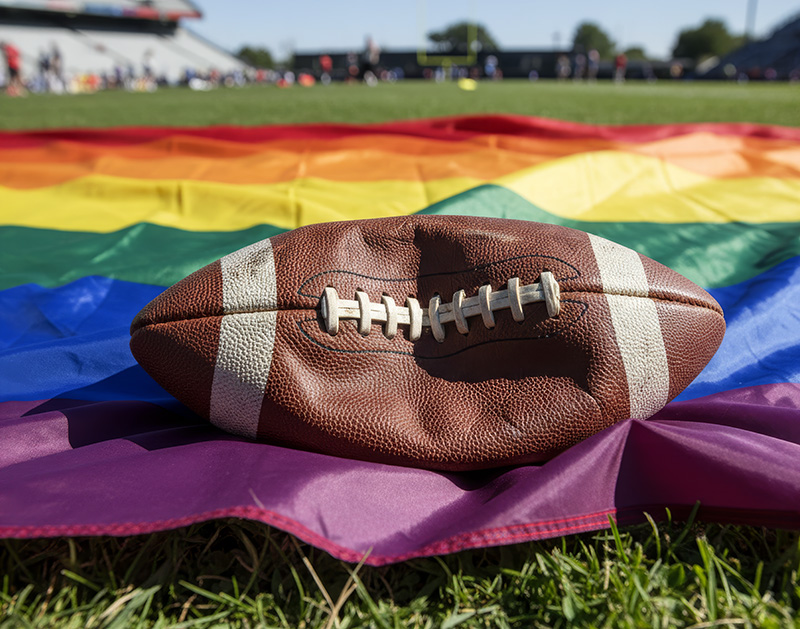
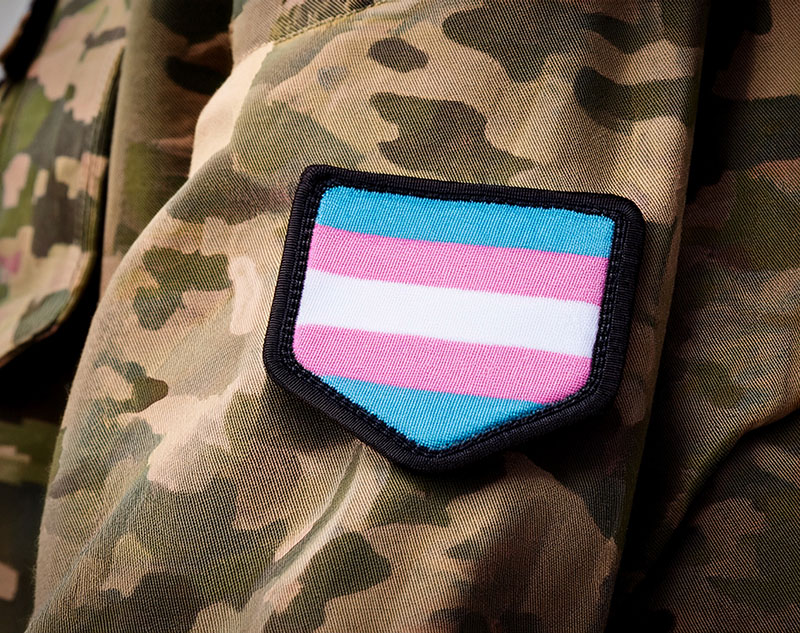
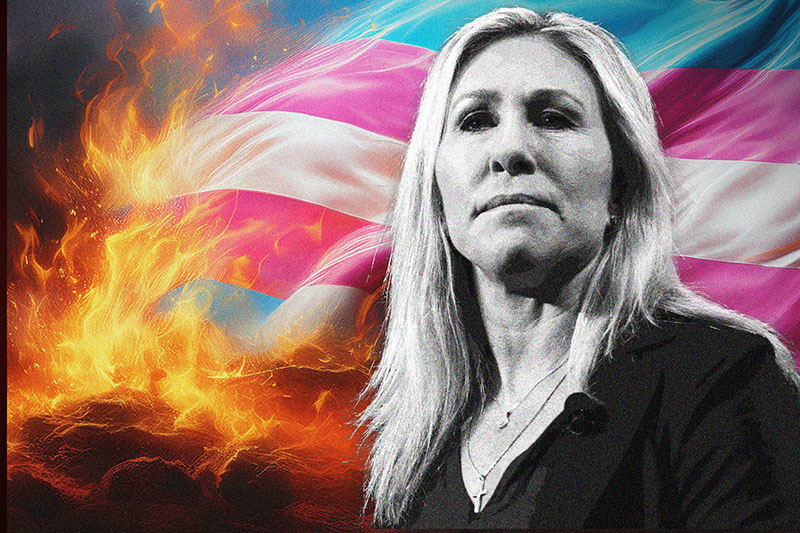
















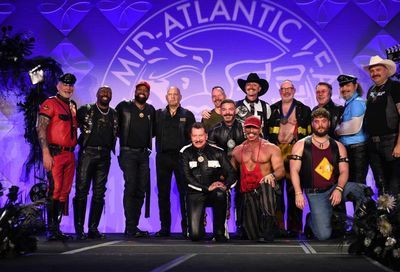
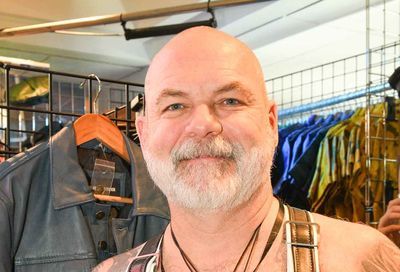
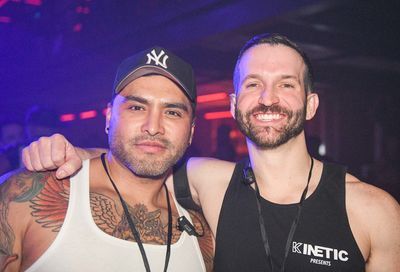
You must be logged in to post a comment.